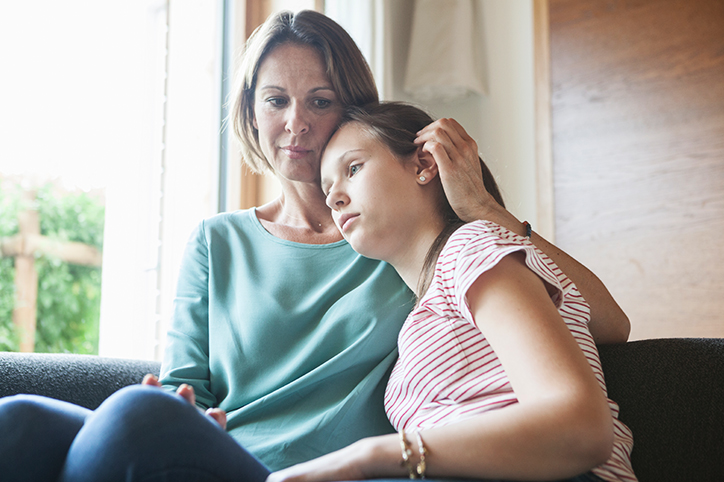Although I still have a house full of young ones, my oldest daughter is about to turn 24. She was among those in the beginning of the rise in autism diagnoses. Those charts of autism cases by year? My daughter was right at the beginning of the uphill climb. She was diagnosed later than kids are today. The list of specialists we needed to see before one was willing to say the word autism was long. The waiting lists were short, there weren’t kids like her waiting.
Since we got on the autism rollercoaster long before many of our autism friends did we’ve had the wild ride of joining the adult world first as well. When my daughter turned 18 I knew ZERO parents with an autistic adult. As relieved as I was to have navigated high school with a bit of sanity left, piecing together my daughter’s future felt like stepping into a black hole.
As it turns out, a black hole is a pretty fair analogy for the services available to autistic adults. All those years of fighting for autism specialists in schools and extra hours of occupation therapy fall by the wayside once your child exits the school system and you’re left to deal with whatever services your state or county provide.
We are in Michigan where thankfully, our schools provide special education through age 26 but the quality of that education is not monitored anywhere near as closely as other school programs. My daughter has cycled through three different school systems since her 18th birthday. One said she would most likely age out of what they were teaching by her second year. One offered programming only four days a week, an hour and a half each day. And the last, where we stayed the longest, offered great classes but was overwhelmed and unable to differentiate for her needs. After repeating the same classwork year after year my poor girl was bored to tears and became depressed. It was a struggle to get her to attend even one day a week. Everyone needs a purpose and she didn’t see hers.
We’ve now switched gears and moved onto a job training program, forfeiting our right to an education until age 26 in order to give my girl a reason to get up every day. She is doing well daily but there is no focus on her needs as an autistic adult, no one worries about bright lights or loud noises. We’re left to find our own ways to help her cope. When you hit the bottom of the barrel on services it turns out you’re just happy to have a place your child likes to go to every day.
I’m sorry to offer more bad news but there are also no options for quality housing. I’ve seen news clippings of great new places being started around the country but there isn’t a single one where we live. We have one quality local program that supports adults with independent living skills, my daughter is number 131 on their waiting list. If you haven’t won the lottery, the established options for decent living arrangements with trained staff are slim to none– emphasis on “none”
As an early one to the autism fight, we’re used to paving our own way. If a program wasn’t available for my daughter, I helped create it. But the path to better services for autistic adults seems completely out of reach. I can’t find a place to start, there’s not even a foundation to work with. I’m hopeful that in a few years, when we’re not the minority in this search for adult services, a few more moms will be ready to push with me in the fight for a quality future for our kids. Until then I’ll keep chipping away, explaining to anyone who has a say what my daughter deserves. Hoping one of them listens, maybe returns my email or my tenth voicemail message. We’ve got to do better for these kids, they deserve the future we always dreamed they’d have.
